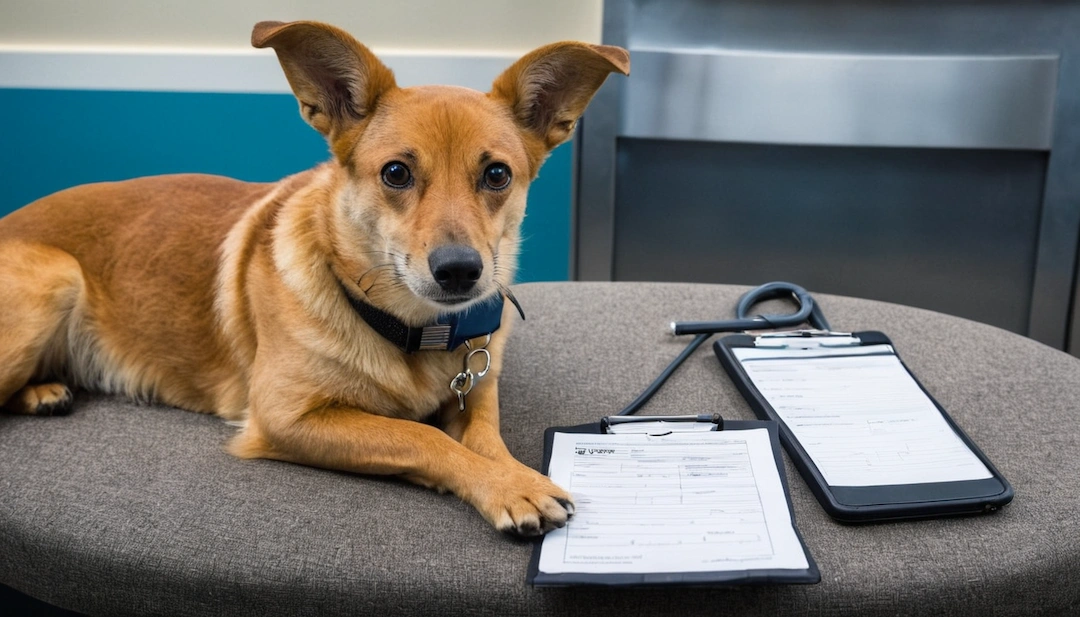The Rising Cost of Veterinary Care: How to Manage Pet Medical Bills
23 Jun 2024
The Rising Cost of Veterinary Care: How to Manage Pet Medical Bills
Veterinary care costs are skyrocketing, leaving pet owners with hefty bills that strain their finances. Understanding the factors behind these rising expenses and exploring ways to manage them can help pet owners ensure their furry friends receive the best care without breaking the bank.
Understanding the Surge in Veterinary Bills
Veterinary care has seen significant advancements in recent years, paralleling improvements in human medicine. While these advancements have led to better diagnostic tools, treatments, and surgeries, they have also contributed to increased costs. Sophisticated equipment, specialized treatments, and advanced surgical procedures are now common in veterinary clinics, pushing up the overall cost of care.
Additionally, the growing emphasis on preventive care and wellness checks means more frequent visits to the vet. These routine check-ups, vaccinations, dental cleanings, and diagnostic tests, though beneficial for pet health, add to the financial burden on pet owners.
Why Are Veterinary Costs Rising?
The rising cost of veterinary care is caused by several factors:
-
Advanced Medical Technology: The adoption of cutting-edge medical technology in veterinary clinics allows for better diagnosis and treatment of pet illnesses but comes at a high price.
-
Specialized Treatments: Treatments such as chemotherapy, radiation, and complex surgeries are now available for pets. These specialized services require highly trained veterinary professionals and expensive equipment.
-
Preventive Care: Emphasizing preventive care means regular wellness checks, vaccinations, and preventive treatments, all of which add up over time.
-
Increased Pet Ownership: With more households owning pets, there is a higher demand for veterinary services, contributing to overall cost increases.
Managing Veterinary Expenses
While the rising costs of veterinary care can be daunting, there are several strategies pet owners can employ to manage expenses effectively:
Pet Insurance
One of the most effective ways to mitigate veterinary costs is by investing in pet insurance. Pet insurance policies vary widely, covering accidents, illnesses, and preventive care. Comparing different plans and choosing one that suits your pet’s needs and your budget can save significant amounts in the long run.
Wellness Plans
Many veterinary clinics offer wellness plans that cover routine care such as vaccinations, dental cleanings, and annual exams. These plans typically come with a monthly fee, spreading the cost of care throughout the year and often providing discounts on other services.
Budgeting for Pet Care
Creating a dedicated budget for pet care can help manage expenses. Setting aside a fixed amount each month for veterinary visits, medications, and emergency care ensures you are financially prepared for both routine and unexpected expenses.
Seeking Financial Assistance
Several organizations and charities provide financial assistance to pet owners facing high veterinary bills. Researching and reaching out to these organizations can provide the necessary support to cover expensive treatments and surgeries.
Preventive Care at Home
Implementing preventive care practices at home can reduce the frequency of veterinary visits. Regular grooming, proper nutrition, and maintaining a clean living environment contribute to your pet’s overall health and can prevent common illnesses.
Comparing Veterinary Services
Prices for veterinary services can vary widely between clinics. It’s advisable to compare prices for routine procedures, surgeries, and medications. Some clinics may offer the same high-quality care at a lower cost.
Negotiating with Your Vet
Talk to your veterinarian about your financial circumstances without holding back. Many vets are willing to work with pet owners to find affordable solutions, such as payment plans or discounts on certain services.
The Role of Telemedicine
Telemedicine is becoming increasingly popular in veterinary care, providing a cost-effective way to consult with veterinarians. Virtual consultations can address minor health concerns, offer advice, and determine if an in-person visit is necessary, saving time and money.
Conclusion
The rising costs of veterinary care are a challenge for many pet owners, but understanding the reasons behind these increases and exploring various strategies can help manage these expenses. By investing in pet insurance, utilizing wellness plans, budgeting for pet care, seeking financial assistance, and practicing preventive care, pet owners can ensure their beloved companions receive the necessary medical attention without overwhelming financial stress.
Related Posts
Social media
Category
Trending Posts
-

Isha Ambani and Anand Piramal's Daughter Aadiya Shakti with Her Beloved Pet Dog
15 Jul 2024 -

Keeping Pets Cool and Safe Amid Power Outages
11 Jul 2024 -

Ratan Tata Launches Tata Trusts' Small Animal Hospital in Mumbai
04 Jul 2024 -

Tragic Rabies Deaths: Man and Son Succumb After Dog Bite in Visakhapatnam
27 Jun 2024 -

Pet Dog Bites Delivery Man in Ludhiana: A Growing Concern for Safety
24 Jun 2024 -

The Rising Cost of Veterinary Care: How to Manage Pet Medical Bills
23 Jun 2024 -

Kartik Aaryan Trains His Dog for Katori Champion Title
22 Jun 2024
Subscribe Newsletter
It is a long established fact that a reader will be distracted.


